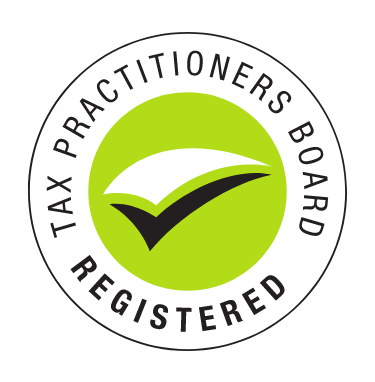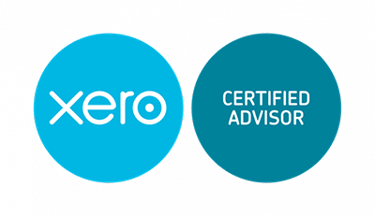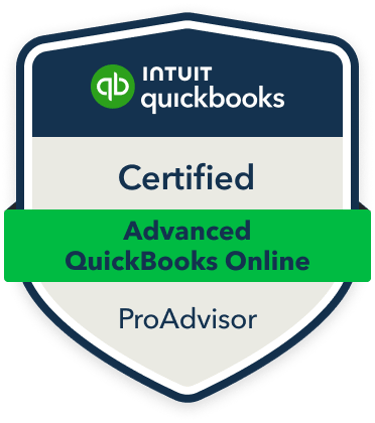Future Job Skills 2025 (Hint: It's Not What You Think)
Discover the top future job skills for 2025, based on insights from 1,000+ employers. It’s not just tech—human skills are leading the way.


Okay, let's be real for a hot minute. Remember when your biggest career worry was whether you knew PowerPoint well enough? Yeah, well... buckle up, buttercup, because 2025's job market is playing by entirely different rules.
I'm talking about skills that sound like they came straight out of a self-help book but are actually make-or-break requirements now. We're living in wild times, folks, and the World Economic Forum just dropped some truth bombs about what employers are really looking for these days.
They surveyed over 1,000 companies worldwide—we're talking 14 million employees here, not some tiny focus group—and honestly? The results are gonna shake up everything you thought you knew about landing (and keeping) a good job.
The Heavy Hitters: Skills That Actually Pay the Bills
Analytical Thinking Is the New Black
Coming in hot at 69% employer demand, analytical thinking has basically become the Swiss Army knife of professional life. And nope, it's not just for the spreadsheet wizards anymore.
Think about it this way: when's the last time you faced a problem that had a neat, tidy solution? Exactly. These days, everything's connected to everything else, data's flying at us from all directions, and we need to make sense of it all without losing our minds.
Whether you're trying to figure out why your small business isn't hitting targets, helping someone navigate a career change, or just making sense of your own professional path—analytical thinking is what turns chaos into clarity. It's like having X-ray vision for problems.
Bounce-Back Power: The Ultimate Survival Skill
Here's where things get interesting. "Resilience, flexibility, and agility" clocked in at 67%, and get this—that's a massive 17-point jump from previous reports. Why? Because life's been serving us curveballs left, right, and center.
We've all lived through it, haven't we? Pandemic pivots, economic rollercoasters, AI shaking up entire industries overnight. The people who didn't just survive but actually thrived? They're the ones who learned to surf the waves instead of getting knocked over by them.
It's like being a professional improviser—you never know what's coming next, but you've gotten so good at adapting that you actually start looking forward to the surprises. Wild, right?
Leadership Without the Corner Office
Now here's a curveball: "Leadership and social influence" hit 61%, up a whopping 22 points. But here's the kicker—this isn't about having a fancy title or bossing people around.
Modern leadership? It's more like being the person everyone naturally turns to when things get complicated. You know that friend who somehow makes group projects actually work? That's the energy we're talking about.
In today's connected world, influence flows every which way. You could be the newest person on the team and still be the one everyone looks to for guidance. It's about building trust, making things happen, and helping people see possibilities they might've missed.
The Creative-Tech Power Couple
Plot twist alert! Creative thinking (57%) and technological literacy (51%) aren't competing—they're basically best friends now.
Creative thinking isn't just for the artsy types anymore, folks. It's about approaching problems sideways, finding solutions in unexpected places, and basically becoming a professional "what if" person. Meanwhile, tech literacy doesn't mean you need to become a coding genius overnight. It's about understanding how technology can amplify what you're already good at.
Picture this: you're using tech tools not just because you have to, but because you've figured out creative ways to make them work harder for you. That's the sweet spot everyone's aiming for.
The Learning Never Stops (And That's Actually Pretty Cool)
"Curiosity and lifelong learning" rounds out the top skills at 50%, and honestly, this should surprise exactly no one who's been paying attention.
Here's a mind-bending fact: the half-life of professional skills has dropped from 30 years to just six. Six! That means half of what you know about your job today will be outdated by 2031. Yikes, right?
But here's the thing—and this is where it gets exciting—lifelong learning isn't about going back to school forever. It's about developing what the experts call "meta-learning." Fancy term for learning how to learn quickly and efficiently.
It's like becoming a professional student of life, staying curious about everything, and building learning into your daily routine instead of treating it like this big, scary separate thing.
The Human Touch in an AI World
Now here's something that'll make you feel all warm and fuzzy: "Empathy and active listening" also hit 50%. As we automate more and more routine stuff, the uniquely human skills are becoming premium commodities.
Think about it—AI can crunch numbers, write basic reports, even create art. But can it truly understand what you're going through on a rough day? Can it read between the lines when you're talking about your career worries? Can it adapt its communication style based on your personality and needs?
Nope. That's all us, baby.
So, What's This Mean for Regular Folks Like Us?
First off, stop thinking your career has to fit in a neat little box. The most valuable people in 2025 are the ones who can bridge different worlds—mixing technical know-how with people skills, analytical thinking with creative problem-solving, business smarts with genuine heart.
Second, embrace the messiness. Career paths aren't straight lines anymore, and that's actually liberating once you get used to it. That weird combination of experiences you've collected? That's not a scattered resume—that's a unique superpower in a world that rewards intellectual agility.
Third, build systems, not just skills. Individual talents matter, sure, but what matters more is your ability to quickly pick up new things, connect different knowledge areas, and help others do the same.
The Real Talk
The skills of 2025 aren't about being perfect at everything—they're about having the potential to adapt, grow, and create value in ways that didn't even exist a few years ago.
Whether you're running your own gig, climbing the corporate ladder, switching careers entirely, or just trying to stay relevant in a crazy-fast-changing world, you're already operating at the intersection of these future-critical skills. You're analyzing information, adapting to changes, leading in small ways every day, thinking creatively about solutions, and learning constantly.
The future of work isn't some far-off thing—it's happening right now, all around us. And the people who'll thrive aren't necessarily the ones with the most impressive individual skills. They're the ones who can weave all this stuff together into something uniquely valuable.
So here's the million-dollar question: are you ready to lean into the beautiful, chaotic, exciting complexity of it all?
Because while everyone else is worried about being replaced by robots, the people who master this blend of analytical thinking, human connection, creative problem-solving, and continuous learning? They become absolutely irreplaceable.
And honestly? That's a pretty exciting place to be.
Connect
Your trusted partner in Australian accounting services.
Empower Your Financial Decisions
© 2025. PROSPERITY ACCOUNTING & CONSULTING | Liability limited by a scheme approved under Professional Standards Legislation.
Accreditations & Partners












